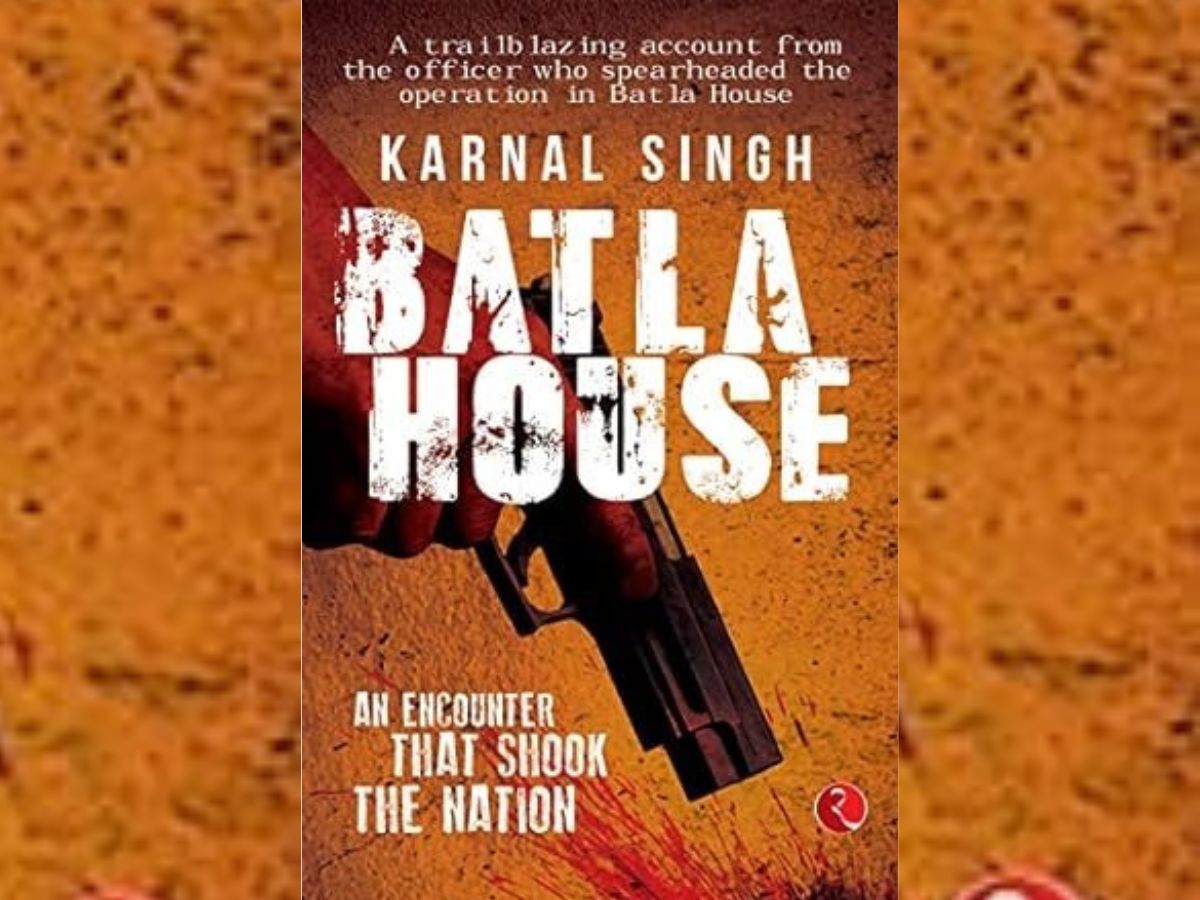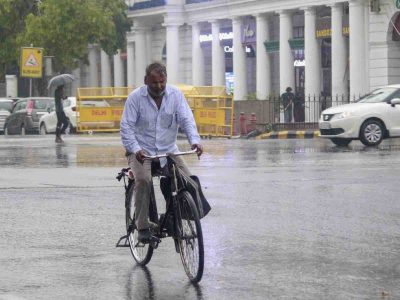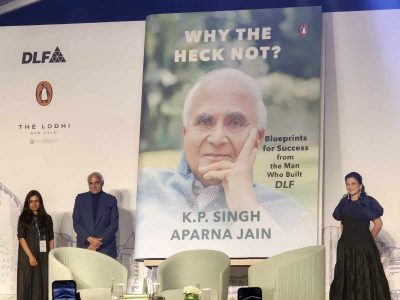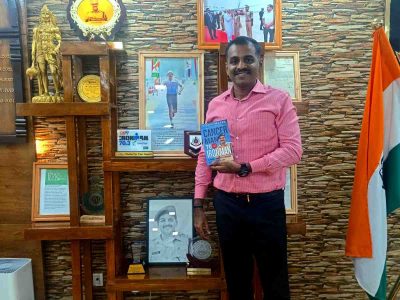Following Pradeep Sharma’s indictment for heading and committing extrajudicial murders of multiple gang members in 2006, which resulted in the death of 13 men and got him a life sentence, his reputation as the leader of ‘The Class of ’83’ has got reiterated.
Keeping this development in mind, we look into five books that offer a fair glimpse into the dark underbelly of extrajudicial killings.
Batla House: An Encounter That Shook The Nation By Karnal Singh
One of the primordial books, it is based on the extrajudicial killings, informally referred to as police encounters, in the heart of the national capital in 2008.
In the aftermath of serial blasts across five locations in Delhi, the police constituted a special team to take the fight to the terrorists of Indian Mujahideen (IM) who had made a hideout in Batla House.
Commemorating and narrating the first-hand account of former Enforcement Directorate (ED) director, Karnal Singh’s book deals with the media trial that had made the Delhi Police’s Special Cell’s work a bit more cumbersome. Singh has broken down the chronological minute-by-minute action that unfolded on ground under his leadership, up until the operation which resulted in the deaths of one policeman, Inspector Mohan Chand Sharma, as well as two IM terrorists. The book delves into the former ED director’s foray into proving encounters as genuine and not fake as media had already begun to dub them as.
Blood On My Hands—Confessions Of Staged Encounters By Kishalay Bhattacharjee
The book published by Kishalay Bhattacharjee, one of the most prominent senior journalists who has successfully made a mark in North-East India, narrates harrowing stories within the Indian Armed Forces. It highlights Central Government’s manner of coercing armed forces into encounters. Bhattacharjee, upon revealing the disturbing camaraderie between the two wings, also went on to put forth the revelation of the Indian Army earmarking funds to secure “live kills” for their records.
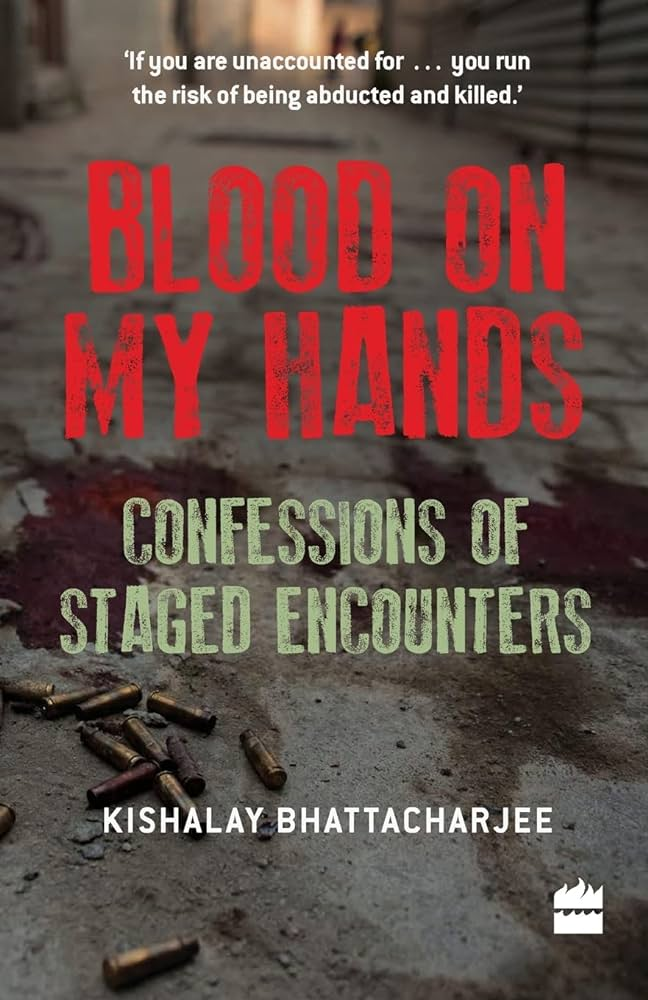
The book also contains an interview with a senior army officer, who was involved in framing innocent citizens as militants, later killed in “staged encounters”.
Sacred Games By Vikram Chandra
Although this 900-paged book is mostly a work of fiction unlike the other books, every event in the book is based on Mumbai’s infamous crummy underworld. Based on multiple interviews narrating police brutality, fake encounters and controlling crime through other extra-judicial means, Chandra goes to varying extents to get various narrations from both police officers as well as gang leaders.
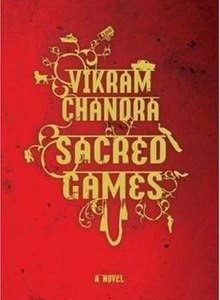
The book with Sartaj Singh and Ganesh Gaitonde as the titular characters, was adapted as India’s first foray into the OTT forum through a Netflix show in 2018, with Saif Ali Khan playing the jaded Sartaj, and Nawazuddin Siddiqui the ferocious gang leader.
The Class Of 83: The Punishers Of Mumbai Police By Hussain Zaidi
Hussain Zaidi, one of the most prolific investigative journalists of his time, and also a well-established author, whose penchant lies in earmarking the specifics of crime in the city of dreams, was the first author to reveal the happenings inside infamous cop Pradeep Sharma’s team, who had carried out multiple encounters across the city.
Although the book seeks to play up his image of a redeemed cop, the fact remains that with his indictment for life in a swathe of encounter killings in 2006, there is not much redemption to be found. Zaidi’s book plays a great role as a record-keeping ware into the many infamous killings under Sharma’s belt.
Fake Police Encounters (India): Extrajudicial Killings (India) By Niraj Upadhyay
Niraj Upadhyay is a researcher who has mostly involved himself with books concerning human rights. The book on fake police encounters in the country, lets the readers commit themselves to a deep dive into the world of the men in khaki where the ugly underbelly of extrajudicial killings reveal themselves.
To put matters into perspective, the book revolves around and notes down the events in chronological order.

